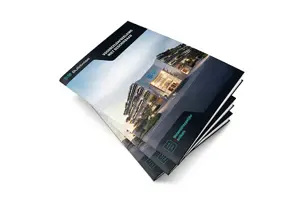The deep mixing method, first used several decades ago, is nowadays a worldwide accepted ground improvement technology. In recent years, this process has undergone a rapid development, particularly with regard to its range of applications, its cost effectiveness and environmental advantages. The deep mixing method has increasingly been used for applications such as earth and water retaining walls or as alternative to traditional foundation solutions. Although the mechanical characterization of the deep soil mix material has evolved a lot, the question of its durability remains an important issue. There are not only the questions related to the degradation of the soil mix material with time, mainly due to wet-dry and freeze-thaw cycles, and potential carbonation effects, but there are also the uncertainties over the durability of the soil mix material executed in contaminated soils. The present paper attempts to identify the governing parameters and the factors influencing the long-term behaviour of the soil mix material. Consequences of this study for the design requirements and rules are discussed and this for the soil mix material itself, but also for the steel reinforcement installed into the fresh material during execution. Recent knowledge gained from the soil mix remediation of brownfield areas is also highlighted with the aim to collect a maximum of information regarding the effects of contaminants on the durability of the soil mix material.
